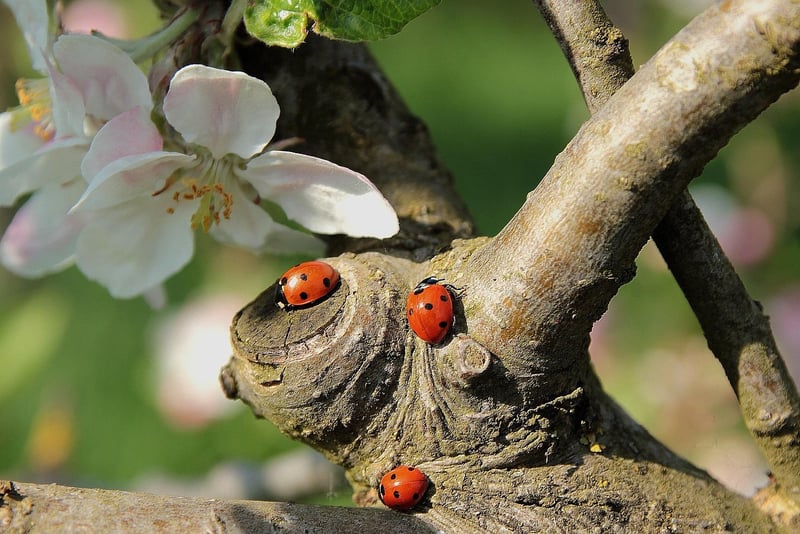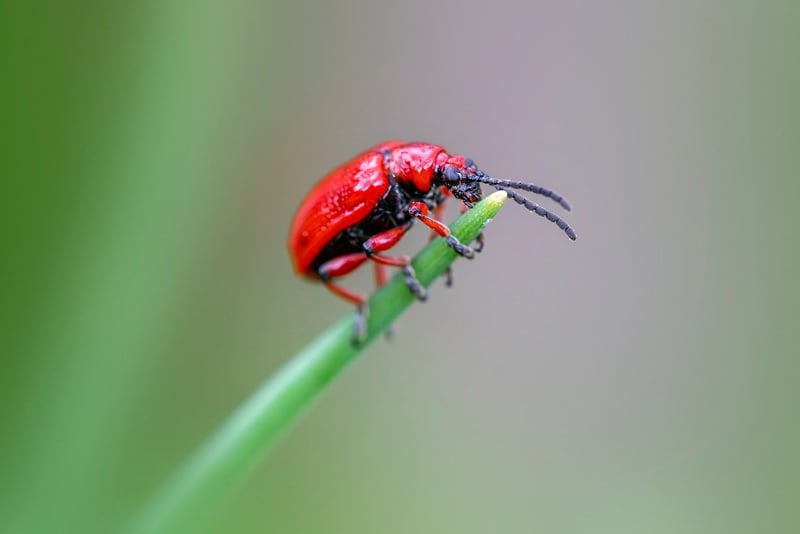Insect Prevention
Protecting Your Plants: Insect Prevention Tips
Keeping your plants safe from harmful insects is essential for maintaining a thriving garden. Insects can wreak havoc on your plants, causing damage and potentially stunting their growth. Here are some effective strategies to protect your plants from insects:
1. Choose Resistant Plants
Opt for plant varieties that are naturally resistant to common garden pests. Research which plants are less prone to insect damage and consider including them in your garden.
2. Maintain Garden Hygiene
Keep your garden clean and tidy to prevent insects from finding a home in debris. Remove dead leaves, weeds, and other decaying matter that can attract pests.
3. Use Natural Predators
Introduce beneficial insects like ladybugs, lacewings, and praying mantises to your garden. These natural predators feed on harmful insects, helping to keep their populations in check.
4. Neem Oil Spray
Consider using neem oil spray, a natural insecticide derived from the neem tree. Neem oil is effective against a wide range of insects and is safe to use on most plants.
5. Companion Planting
Planting certain herbs and flowers alongside your vegetables can help repel insects. Marigolds, basil, and lavender are known for their insect-repelling properties.
6. Row Covers
Use row covers to physically block insects from reaching your plants. Row covers are lightweight fabric barriers that allow sunlight and water to reach your plants while keeping insects out.
7. Monitor Regularly
Inspect your plants regularly for any signs of insect damage. Early detection can help prevent infestations from spreading and causing extensive harm to your garden.
Conclusion
By implementing these insect prevention strategies, you can safeguard your plants and promote a healthy garden ecosystem. Protecting your plants from harmful insects requires a combination of proactive measures and natural solutions to ensure their well-being.

Image source: Pixabay
